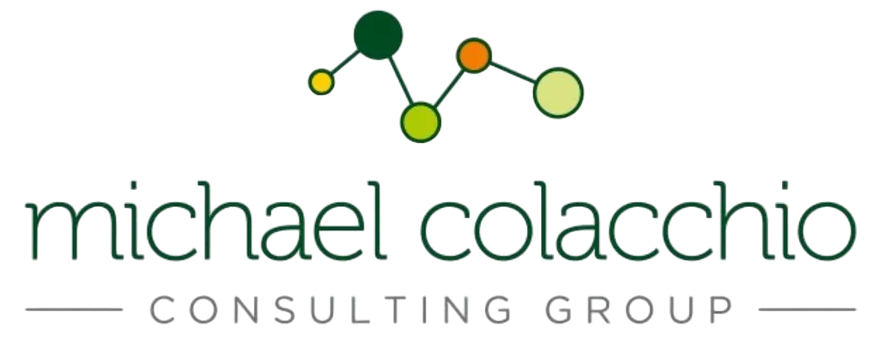Are You the Right ‘type’ to Be a Successful Law-firm Business Developer?Coaching Helps You Build on Your Strengths.
When it comes to business development in the legal industry, many attorneys feel that they don’t have the right “type†of personality to be top rainmakers. They feel that they must try to match the stereotype of being outgoing and social – equally comfortable speaking before a crowd or “working†a room full of strangers.
Truth be told, there is no one personality type that predicts a successful law-firm business developer. There are many differences among normal, healthy people. The secret to success is to determine your own type – and then work on the business development activities that take advantage of your unique strengths.
Personality type theory is based on people’s innate tendencies to use their minds in many different ways. These tendencies, over time, turn into patterns of behavior that can either advance or hinder your career.
To determine your type you need to take one or more of the many personality and/or behavioral assessments that have been designed for this purpose. In our experience, the best all-purpose personality assessment is the Myers Briggs Type Indicator, based on the theory of personality type developed by famed psychologist Carl Jung.
There are many benefits and applications of the MBTI assessment. For business development purposes, this instrument allows you to better understand yourself and your strengths as you interact with others and the world around you.
In addition, an understanding of the MBTI helps you “read†the personality types of your clients and prospects – how they prefer to receive and process information and make decisions. This knowledge helps you structure your communications for the best result.
The questionnaire-based MBTI measures the ways people naturally prefer to direct and get energy (extraversion or introversion), take in information (sensing or intuiting), make decisions (thinking or feeling) and organize their external world (judging or perceiving). There are no “right†or “wrong†results; each of the 16 types identifies normal and valuable human behaviors.
The results describe the characteristics of each type, and list its strengths, areas for development and impact in dealings with other people – including how to use differences constructively in a team setting. A successful business developer can be any “type.â€
According to research by Lawrence Richard, based on surveys of more than 3000 attorneys, more than half of all lawyers are represented by just four types – ISTJ (introvert/sensor/thinker/judger), ESTJ (extravert/sensor/thinker/judger), INTJ (introvert/intuitive/thinker/judger) and ENTP (extravert/intuitive/thinker/perceiver).
The characteristics of an ISTJ, for example, are: quiet, serious, earn success by thoroughness and dependability; practical, matter-of-fact, realistic and responsible; decide logically what should be done and work toward it steadily, regardless of distractions; take pleasure in making everything orderly and organized – work, home, life; and value traditions and loyalty.
Doesn’t this sound like everyone’s image of a hard-working lawyer?
However, another of these common types among lawyers is ENTP. The characteristics of this type are: quick, ingenious, stimulating, alert and outspoken; resourceful in solving new and challenging problems; adept at generating conceptual possibilities and then analyzing them strategically; good at reading other people; bored by routine, will seldom do the same thing the same way, apt to turn to one new interest after another.
It is easy to see why there is no “one size fits all†business development plan that would fit both of these personality types – much less all 16 types in the MBTI array.
Another useful tool is the Personal Interests, Attitudes and Values Assessment. The PIAV instrument measures the relative prominence of six basic categories of beliefs and values – theoretical, utilitarian, aesthetic, social, individualistic, and traditional. Each value is ranked as being strong, situational or indifferent.
The beliefs and values measured by this instrument determine why you behave in a certain way. It is obvious that there is room for considerable variation among individuals who have been asked to accomplish the same task – develop business.
To measure behavior, coaches often use a tool called DISC, which explores behavioral issues (observable language) across four primary dimensions: Dominance (how you respond to problems and challenges); Influence (how you influence others to your point of view); Steadiness (how you respond to the pace of the environment); and Compliance (how you respond to rules and regulations). The DISC results deal with how a person behaves.
In law firm business development, there is no single solution that will work for the wide range of personality types at a law firm. That is why many large-group “training†programs are often ineffective. A good coach can use the results of these and other assessments to help a lawyer develop a customized plan for business development that builds on the strengths of his or her unique personality type.
